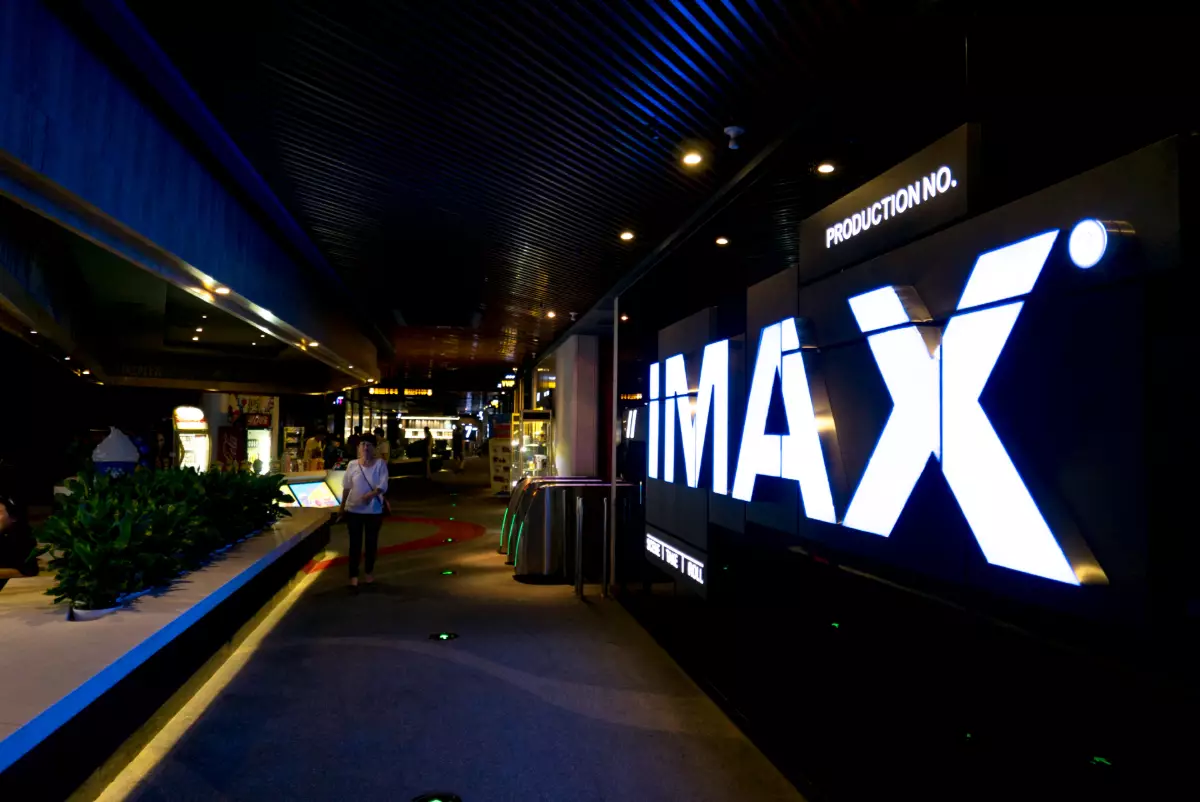In an era marked by globalization, the consumption of media content has transcended linguistic barriers. With research from PwC indicating that the entertainment and media industry has reached a staggering $2.8 trillion in value as of 2023, it becomes increasingly evident that content consumption patterns are shifting. Interestingly, the demand for non-English media is growing faster than that for traditional English-language offerings, even in regions typically dominated by English content like the U.S., the U.K., Australia, and Canada. This trend suggests a significant transformation in audience preferences that entertainment companies can no longer afford to overlook.
The numbers speak for themselves. For instance, Netflix reported a phenomenal 90% increase in the viewership of non-English programming in the U.K. over the past three years, underscoring the urgency for media enterprises to adapt to this evolving landscape. Faced with this reality, IMAX, the renowned Canadian production company famous for its large-format theaters, is incorporating innovative solutions like artificial intelligence (AI) to enhance the localization of its original content. By embracing technological advancements, IMAX aims to broaden its audience reach and enhance viewer engagement.
IMAX and Camb.ai: A Strategic Partnership
As part of its strategy to tap into the booming demand for globalized content, IMAX has formed a partnership with Camb.ai, a Dubai-based startup specializing in AI-driven translations and dubbing. This collaboration allows IMAX to leverage Camb.ai’s robust speech models, including its Boli and Mars systems, to effectively translate a myriad of original content types, from feature films to documentaries. The integration of such advanced technology is pivotal for IMAX to staunchly compete in an increasingly saturated market where consumer tastes are diverse and rapidly changing.
Camb.ai has already established its credibility by successfully implementing its AI solutions for high-profile live events, such as the Australian Open and Eurovision Sport. The company’s groundbreaking DubStudio platform can handle speech translations in a staggering 140 languages, with provisions for low-resource languages that typically lack sufficient online data. This capability places Camb.ai at the forefront of AI localization, offering IMAX unique opportunities to diversify its content library.
Camb.ai prides itself on not only its technological prowess, but also on its principled approach to data sourcing. Co-founder Akshat Prakash, who previously worked with Apple on the Siri project, has stressed the importance of utilizing ethically compiled datasets. His perspective highlights a growing trend in the tech industry: the pursuit of responsible AI practices that prioritize transparency and accountability over mere functionality.
The company’s sophisticated three-layer architecture consists of a foundational layer encompassing the AI models, an infrastructure layer for hosting, and a front-end platform that ensures user engagement. One of Camb.ai’s standout features is its Boli model, designed to translate spoken dialogue into text while preserving linguistic nuances—a critical aspect for maintaining the integrity of original content. Following this, the Mars model transforms the generated text back into speech, ensuring that the performance elements of the original audio—such as audience reactions or soundscapes—remain intact. This dual operation enables Camb.ai to offer seamless language services that can accommodate up to 10 languages with only a minor delay, ideally aligning with current streaming technologies.
Looking ahead, IMAX’s phased implementation of AI translations begins with languages that have ample resources, allowing the company to establish a viable model before extending to less common languages. Mark Welton, President of IMAX Global, has expressed enthusiasm about this new venture, hinting at potential cost savings for content translation without going into specifics. However, it raises questions about how far IMAX can scale this technology across different markets and languages.
Despite these promising developments, both IMAX and Camb.ai must remain vigilant in addressing the unique challenges that come with AI-driven localization. Factors such as cultural sensitivities, voice acting requirements, and varying audience expectations between regions can complicate the translation process. Moreover, as Camb.ai seeks additional funding in its upcoming pre-Series A round, its capacity to further enhance its technological framework will become a determinant factor in its future success.
The partnership between IMAX and Camb.ai heralds a new era in media localization, one where technology plays a pivotal role in bridging cultural divides. As global content consumption continues to rise, media companies that harness advanced AI capabilities are likely to gain a competitive edge in meeting diverse audience demands. By investing in innovative localization strategies, IMAX aims to redefine its content offerings, ensuring that its films resonate with viewers no matter which language they speak.

